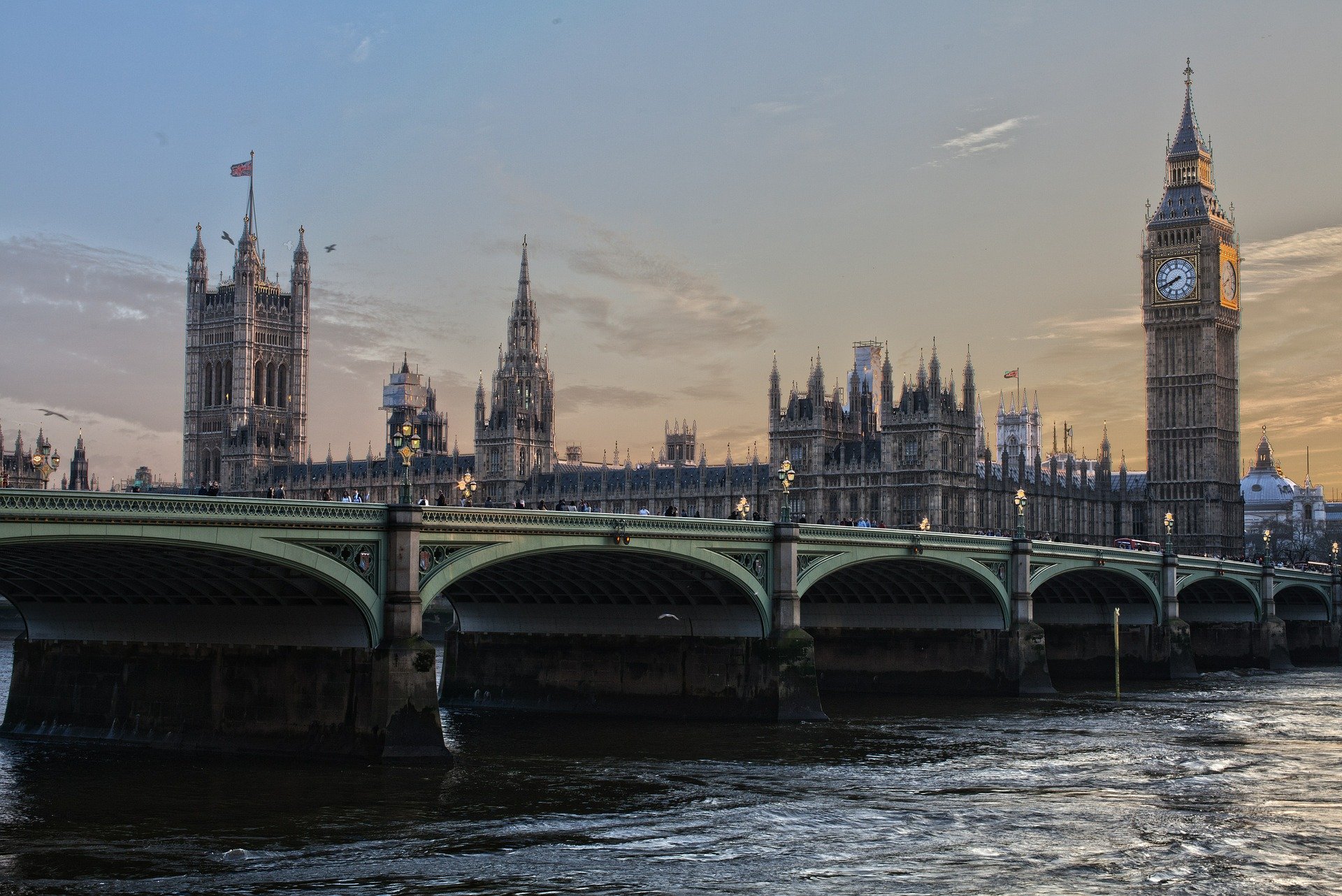UK’s income inequality is greater than previously believed, according to ONS figures

According to revised government figures on income inequality across the country, the gap between the highest paid and the lowest paid people in Britain is bigger than previously thought. On average, income inequality is as much as 2.4 percentage points higher than figures over the ten years since the financial crisis in 2008 had suggested. The new figures eliminate claims both from the Conservative party that the gap between rich and poor has narrowed in the years the party has been in power, as well as arguments from the Labour party that the divide has escalated rapidly.
The most commonly used measurement of inequality, the Gini coefficient, should have been 34.5% in the financial year ending in 2018, rather than 32.5%, the ONS has announced. In the words of IZA World of Labor author Ija Trapeznikova: “The Gini coefficient uses information from the entire income distribution and is independent of the size of a country’s economy and population. […] The lower the Gini value, the more equal a society is.” The difference in figures is partly due to the fact the latest assessment used tax records from the HMRC to assess the incomes of the top 10% earners in Britain, as opposed to the traditional survey methods used since the 1960s. The latter do not capture the incomes of the richest families in full, those among the top 1% in particular.
“Note also that the value of the Gini coefficient will change depending on what is measured, for example, income inequality before or after tax, consumption inequality before or after housing costs, and so on,” Trapeznikova writes. Some economists also question how useful the Gini coefficient is and warn that it does not account for nuances in income and wealth divisions.
The latest analysis shows that income inequality was sharply on the rise in the lead up to the financial crisis, then fell during the economic collapse, and has been broadly even ever since. As a result of the inflated divide between rich and poor in the late 1970s and early 1980s, Britain has one of the highest Gini scores for income inequality in the western world. According to research conducted by Angus Deaton, the Nobel Prize-winning economist, and the Institute of Fiscal Studies, there is a risk that the UK will follow the path of the US in becoming one of the most unequal wealthy nations.
Read Ija Trapeznikova’s article Measuring income inequality.